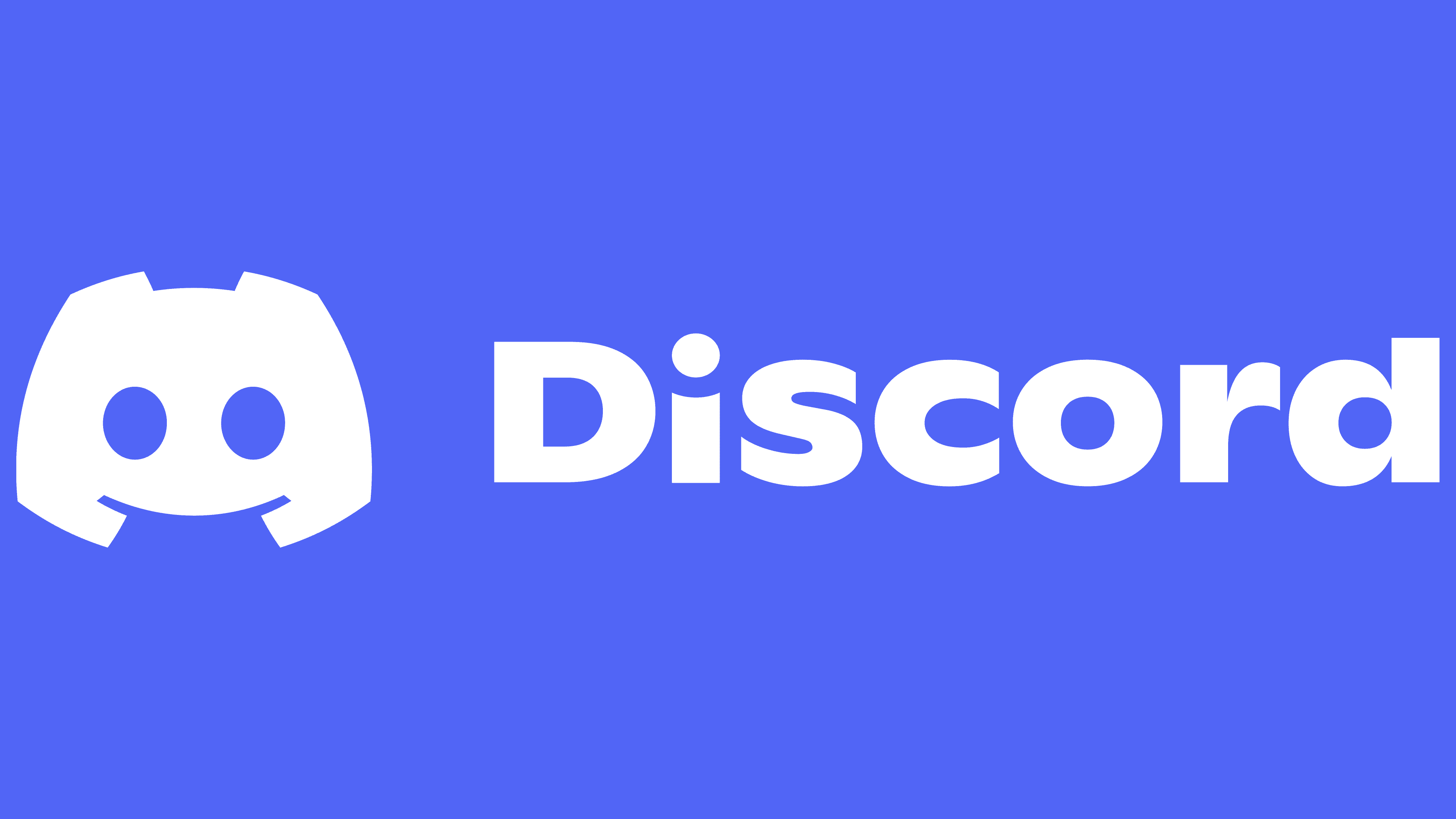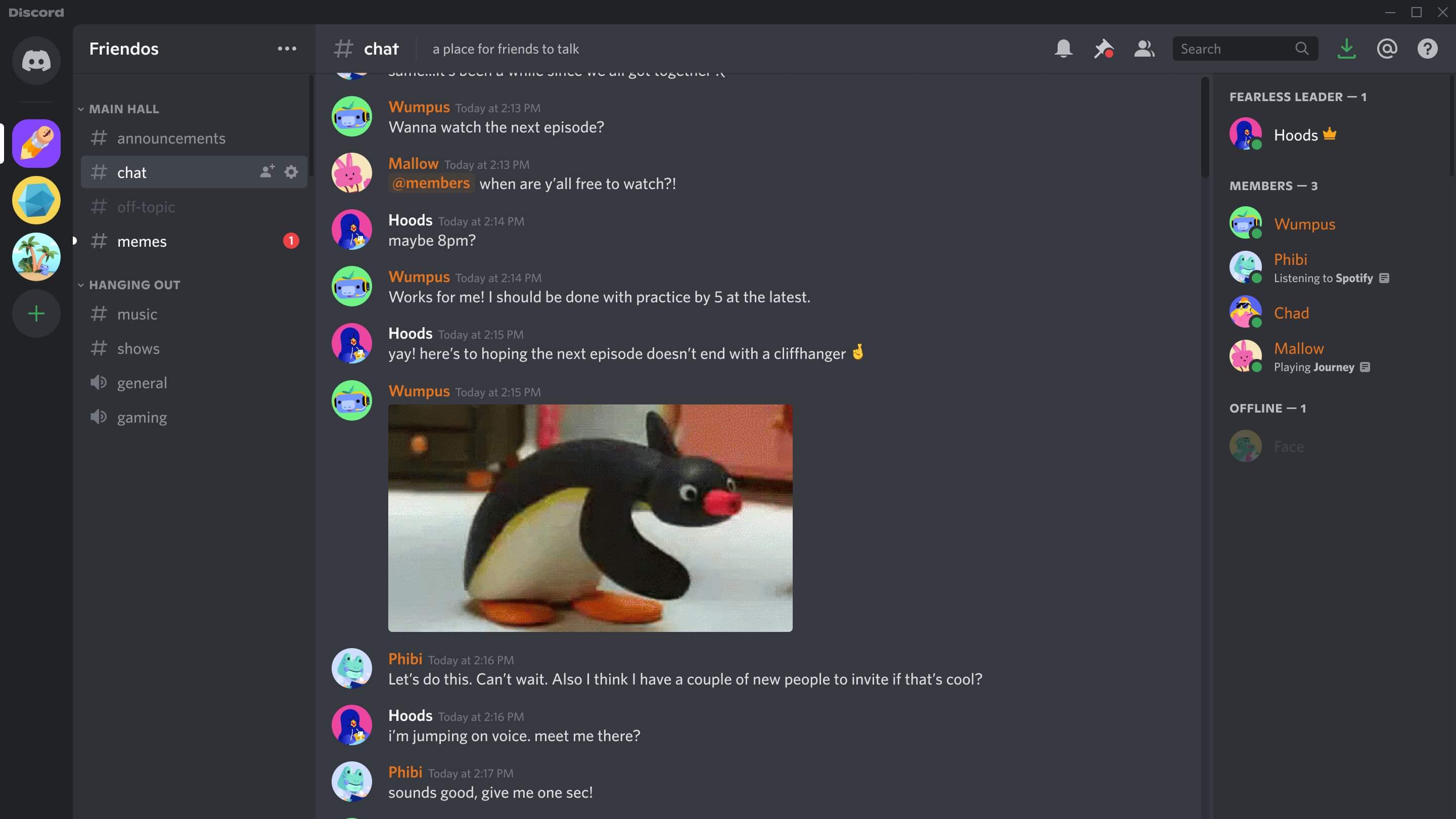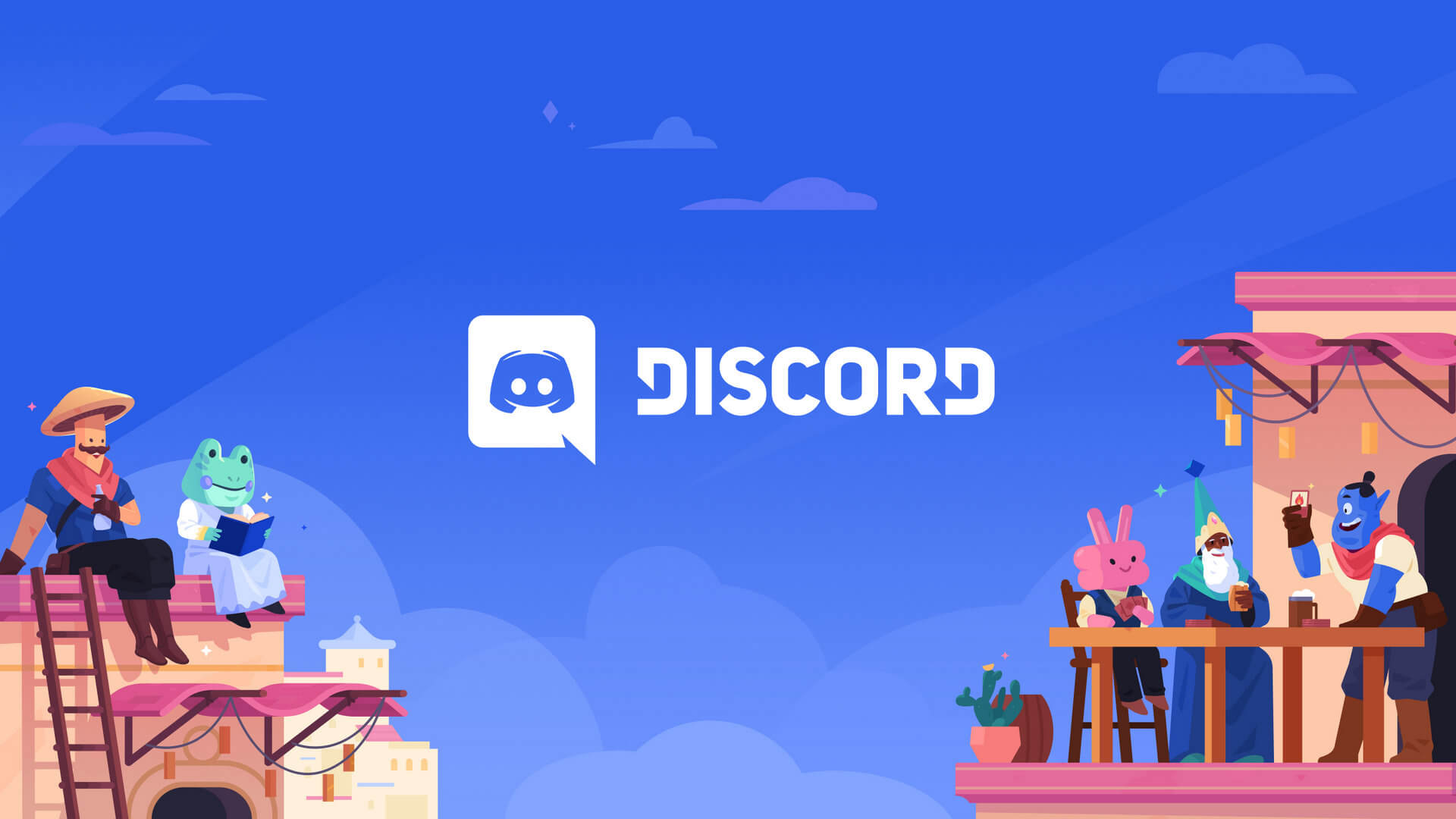Discord: Understanding the Evolution and Impact of Online Communities
Introduction:
In the digital age, online communities have become integral aspects of social interaction, providing platforms for communication, collaboration, and connection. Among these communities, Discord has emerged as a prominent platform, offering users a space to engage in real-time conversations, share interests, and build communities around common passions. However, with its rapid growth and diverse user base, Discord also raises important questions about the nature of online discourse, moderation challenges, and the impact of digital spaces on society. This exploration delves into the evolution of Discord, its role in shaping online culture, the complexities of community management, and the broader implications for social dynamics and digital citizenship.
The Genesis of Discord:
Discord was founded in 2015 by Jason Citron and Stan Vishnevskiy with the vision of creating a communication platform tailored for gamers. Originally conceived as a solution to the fragmented landscape of voice chat services, Discord quickly gained traction within the gaming community for its user-friendly interface, low latency, and robust features. By offering text, voice, and video communication channels organized into customizable servers, Discord fostered a sense of belonging and camaraderie among gamers, enabling them to coordinate gameplay, share experiences, and form lasting friendships. As Discord expanded its features and attracted a diverse user base beyond gaming, including artists, creators, educators, and hobbyists, its influence on online culture transcended its gaming origins.
The Dynamics of Online Communities:
At the heart of Discord's appeal lies its ability to facilitate the formation of communities based on shared interests, hobbies, and identities. Discord servers serve as virtual gathering places where like-minded individuals can engage in conversations, collaborate on projects, and forge connections across geographical boundaries. From fan communities dedicated to specific games, movies, or TV shows to support groups for mental health, LGBTQ+ issues, and personal development, Discord hosts a myriad of communities catering to diverse interests and needs. The decentralized nature of Discord allows users to create and moderate their own servers, granting them autonomy over the rules, norms, and culture of their communities. However, this autonomy also presents challenges related to moderation, content moderation, and ensuring a safe and inclusive environment for all members.
Moderation Challenges and Content Governance:
As online communities on Discord continue to proliferate and diversify, moderation emerges as a critical aspect of maintaining civility, safety, and order within these spaces. Discord servers vary widely in size, scope, and demographics, ranging from small private groups to large public communities with thousands of members. Effective moderation requires a delicate balance between fostering open dialogue and enforcing community guidelines to prevent harassment, hate speech, and other forms of harmful behavior. Discord provides server owners and moderators with a range of tools and permissions to manage their communities, including roles, permissions, moderation bots, and content filtering options. However, moderating content at scale presents inherent challenges, including the need for proactive community management, transparent communication, and continuous adaptation to evolving norms and threats.
The Impact on Social Dynamics:
The rise of Discord and other online communities has profound implications for social dynamics, identity formation, and collective behavior in the digital age. By enabling individuals to connect with others who share their interests and identities, Discord contributes to the formation of niche communities and subcultures that transcend traditional boundaries of geography and demographics. These communities serve as spaces for self-expression, exploration, and socialization, shaping individuals' sense of belonging and identity in the digital realm. However, the anonymity and pseudonymity afforded by online platforms also create opportunities for misinformation, manipulation, and toxic behavior, posing challenges to trust, authenticity, and meaningful discourse. Moreover, the echo chamber effect inherent in algorithmic recommendations and social reinforcement dynamics can exacerbate polarization and ideological divisions within online communities, limiting exposure to diverse perspectives and fostering groupthink.
Towards Responsible Digital Citizenship:/cdn.vox-cdn.com/uploads/chorus_asset/file/22409287/Audience.png)
As Discord and other online platforms continue to evolve and influence the way we communicate, collaborate, and connect, the concept of digital citizenship takes on greater significance. Digital citizenship encompasses the rights, responsibilities, and ethical considerations that govern individuals' behavior and interactions in online spaces. In the context of Discord, responsible digital citizenship entails respecting community guidelines, fostering inclusive and constructive dialogue, and promoting digital literacy and critical thinking skills. It also involves holding platform providers accountable for transparency, accountability, and user safety measures, while advocating for policies and practices that uphold democratic values, human rights, and freedom of expression online. By cultivating a culture of responsible digital citizenship, we can harness the potential of online communities like Discord to foster positive social change, collective action, and mutual understanding in an increasingly interconnected world.
Conclusion:
In conclusion, Discord represents a microcosm of the evolving landscape of online communities, reflecting both the opportunities and challenges inherent in digital communication and social interaction. As a platform that transcends its gaming origins to encompass a diverse array of communities, Discord has reshaped the way we connect, collaborate, and express ourselves in the digital age. However, with its decentralized structure and diverse user base come complexities related to moderation, content governance, and the impact on social dynamics. Moving forward, it is essential to foster responsible digital citizenship, promote inclusive and constructive dialogue, and uphold democratic values in online spaces like Discord. By doing so, we can harness the transformative potential of digital communities to foster connections, bridge divides, and build a more inclusive and equitable digital society for all. Discord servers serve as virtual gathering places where like-minded individuals can engage in conversations, collaborate on projects, and forge connections across geographical boundaries. From fan communities dedicated to specific games, movies, or TV shows to support groups for mental health, LGBTQ+ issues, and personal development, Discord hosts a myriad of communities catering to diverse interests and needs



































